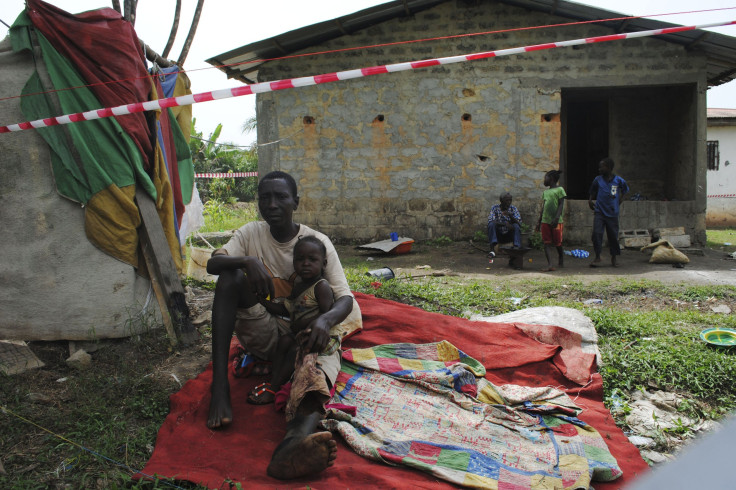Is The Ebola Outbreak Over? New Cases ‘Slowing’ As Efforts Turn To Eradicating Virus

Ten months after the first cases of Ebola flared up in West Africa, the outbreak may finally be on its last lap. For the first time since June 2014, health officials recorded fewer than 100 new cases of Ebola in the week ended Jan. 25, the World Health Organization said Thursday. Health officials have indicated they will now turn their attention toward eradicating the deadly and highly infectious disease, including incinerating the very facilities that helped blunt the epidemic.
"The response to the [Ebola] epidemic has now moved to a second phase, as the focus shifts from slowing transmission to ending the epidemic," the WHO said in a statement. "To achieve this goal as quickly as possible, efforts have moved from rapidly building infrastructure to ensuring that capacity for case finding, case management, safe burials, and community engagement is used as effectively as possible."
New cases of the virus continue to drop in Liberia and Sierra Leone, two of the countries hit the hardest by the outbreak that has infected more than 22,000 people and killed more than 8,800 since the epidemic began. Liberia reported just four new cases last week, according to the WHO. In Guinea, however, cases increased slightly to 30, up from 20 new cases the week before.
For the first time since it opened in August, Liberia’s 120-bed Ebola unit, the largest of its kind ever built, sat empty, according to the Agence France-Presse. Last year, the center, called ELWA-3, treated more than 1,800 Ebola patients. Less than a third of them survived. The emergency treatment center has since been in the process of being dismantled and incinerated.
Health officials have said the calm after the storm has allowed them to consider the successes and failures of their containment efforts. “This decline is an opportunity to focus efforts on addressing the serious weaknesses that remain in the response," Brice de le Vingne, the director of operations of Doctors Without Borders, told the AFP. The health organization spearheaded Ebola treatment efforts in Liberia. "We are on the right track, but reaching zero cases will be difficult unless significant improvements are made in alerting new cases and tracing those who have been in contact with them,” he said.
Health experts have said that preventing another Ebola outbreak will require investment in critical health infrastructure that has long been lacking in the region, which struggles with high rates of poverty. Some have argued that had such health care systems been in place to begin with, last year’s epidemic likely wouldn't have reached the level that it did.
© Copyright IBTimes 2024. All rights reserved.






















